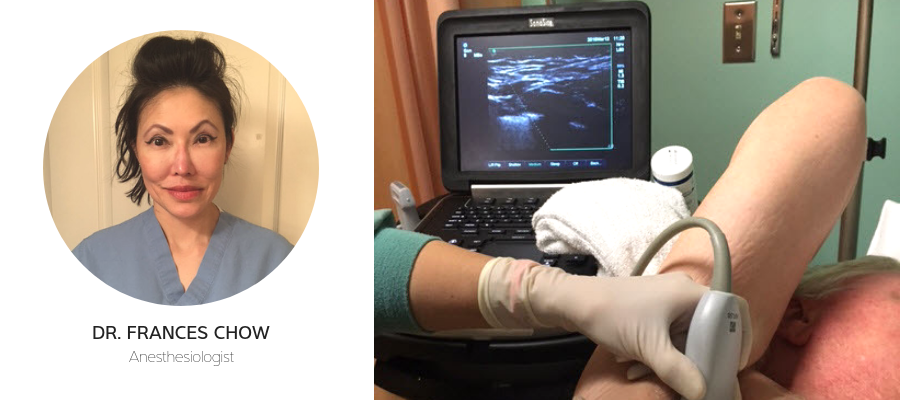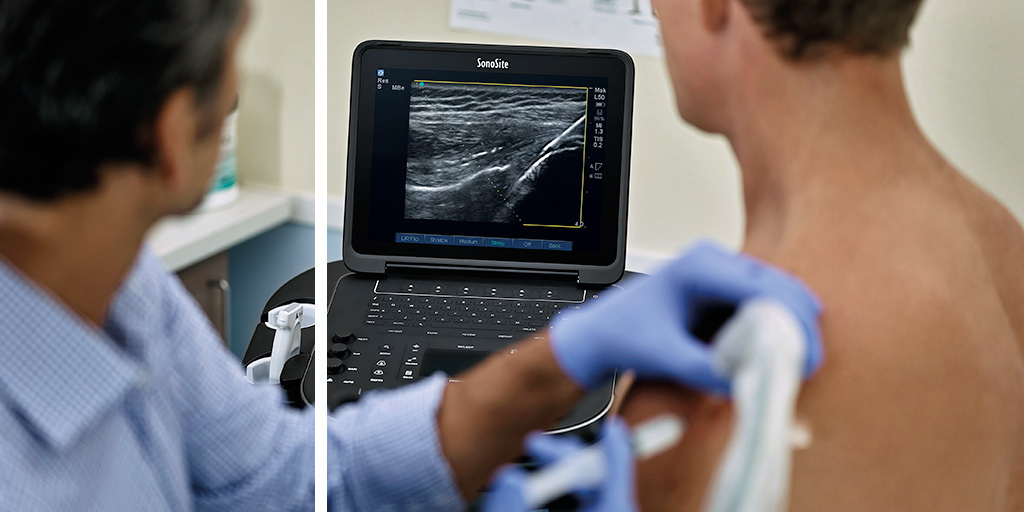POCUS Profile: Dr. Frances Chow

Anesthesiologist Dr. Frances Chow works to bring ultrasound-guided nerve blocks to British Columbia Cancer Agency, Vancouver, BC, Canada. British Columbia Cancer Agency has among the best cancer outcomes in the world, including highest of the G7 countries for childhood leukemia, and second highest survival rates across 67 countries for prostate and breast cancer.[1]










